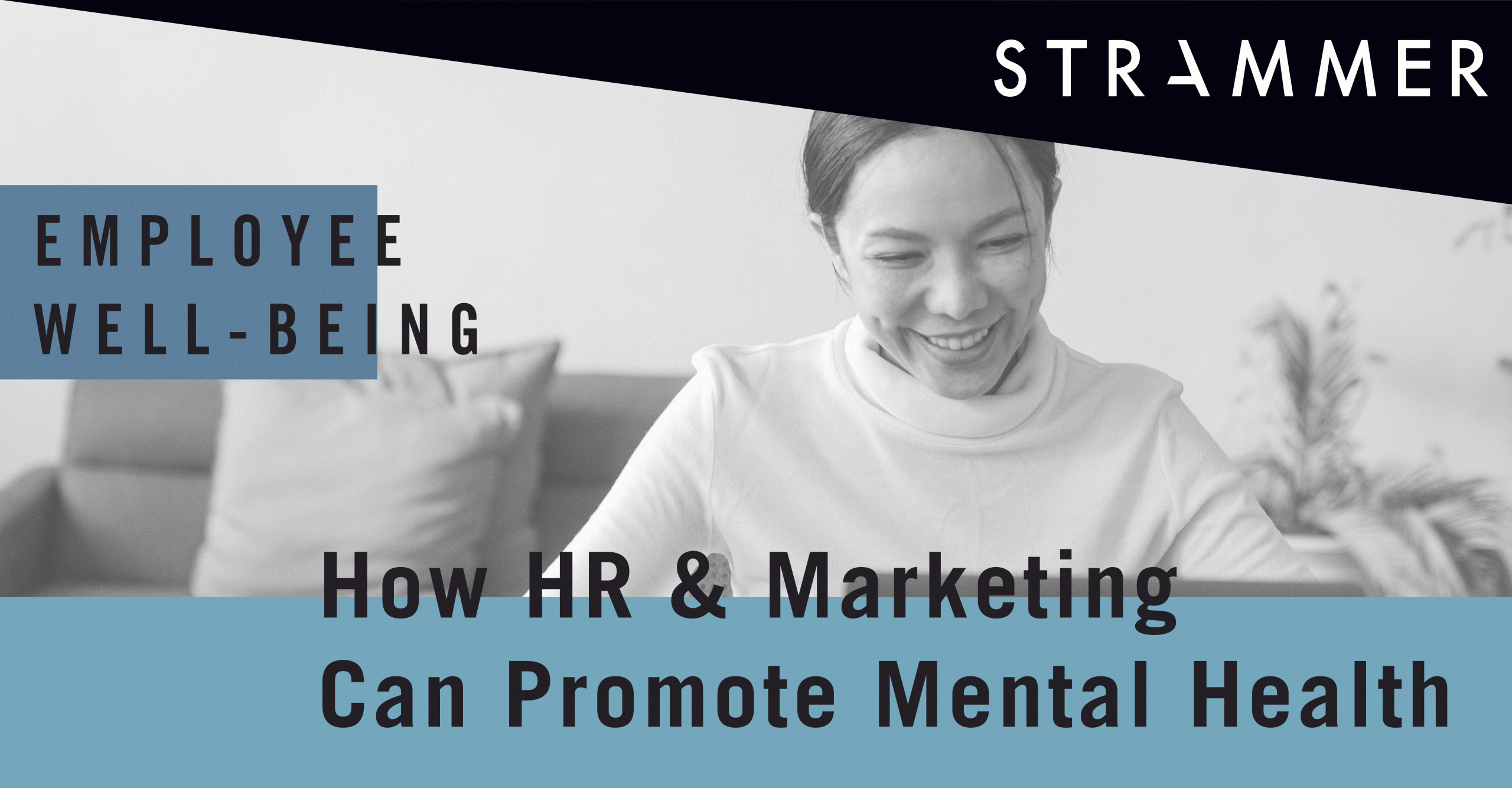Promoting Mental Health For a Healthy Workplace
On a societal level, big strides have been made in recent years in opening discussions around mental health. But when it comes to the workplace, there is still a way to go. According to a 2019 study by Mind Share Partners, SAP, and Qualtrics, 60% of U.S. workers have never talked about their mental health at work.
The reasons for this are not hard to find. Due to persisting stigma around mental ill health and mental health conditions, people may still worry that disclosing a mental health issue in a professional context could lead to negative outcomes, from being perceived unfavourably by colleagues to discrimination.
However, given the sea change we have seen in creating more public dialogue around mental health, it is timely that such conversations should take place in the workplace as well.
And while EU directives establish certain duties on companies regarding workers’ mental health, companies must do more when it comes to building a corporate culture where employees feel able to talk or seek help if needed.
In the Mind Share Partners, SAP, and Qualtrics study, 86% of those asked believed “a company’s culture should support mental health.” Further, the World Health Organisation notes that “workplaces that promote mental health and support people with mental disorders” have a greater chance of decreasing absence and improving productivity.
HR and Marketing departments are well placed to promote mental health in the workplace through internal communication initiatives. To start, these two departments could produce campaigns to raise awareness about the work-provided support services available to staff, such as helplines, counselling, or integration programmes for those returning to work after mental ill health.
Many companies also offer benefits and wellness initiatives to support workforce health, however employees are not always aware of what is available. Moreover, amid the health crisis, it is true that many companies are stepping up and expanding provisions which support workforce health and well-being. According to HR Executive, 72% of companies « are increasing mental health support » and 52% « are extending new benefits, such as reduced hours and extended leaves of absence. » HRs could therefore use campaigns to advertise and raise the profile of both new and existing programmes to ensure employees are aware of, and can therefore take up, the benefits provided.
Additionally, an interesting idea is collating mental health stories, which can be circulated to all staff. These are intended to start conversations and involve sharing real life personal experiences in individuals’ own words, enabling organisations to foster a more open and supportive mental health culture and combat stereotypes at the same time.
Importantly, companies should always strive to be inclusive regarding mental health conditions. One way to do this in campaigns is to ensure that information and stories are diverse and represent a range of experiences. Indeed, given that the level of public awareness, knowledge and understanding afforded to different conditions is not the same, it is important that organisations endeavour to make employees feel recognised and represented in company discourse on the topic.
In sum, HR and Marketing could collaborate to promote the importance of mental health and encourage workers to have much needed conversations in the workplace, thus contributing to a supportive organisational stance on mental health. Such efforts will benefit everyone: they make companies more attractive places to work, improve their reputation, and may support employees to be happier, healthier, and more productive.
References
- Mental Health in the Workplace in Europe, Stavroula Leka, Aditya Jain, Centre for Organizational Health & Development, School of Medicine, University of Nottingham.
- Research: People Want Their Employers to Talk About Mental Health, October 2019, Harvard Business Review.





